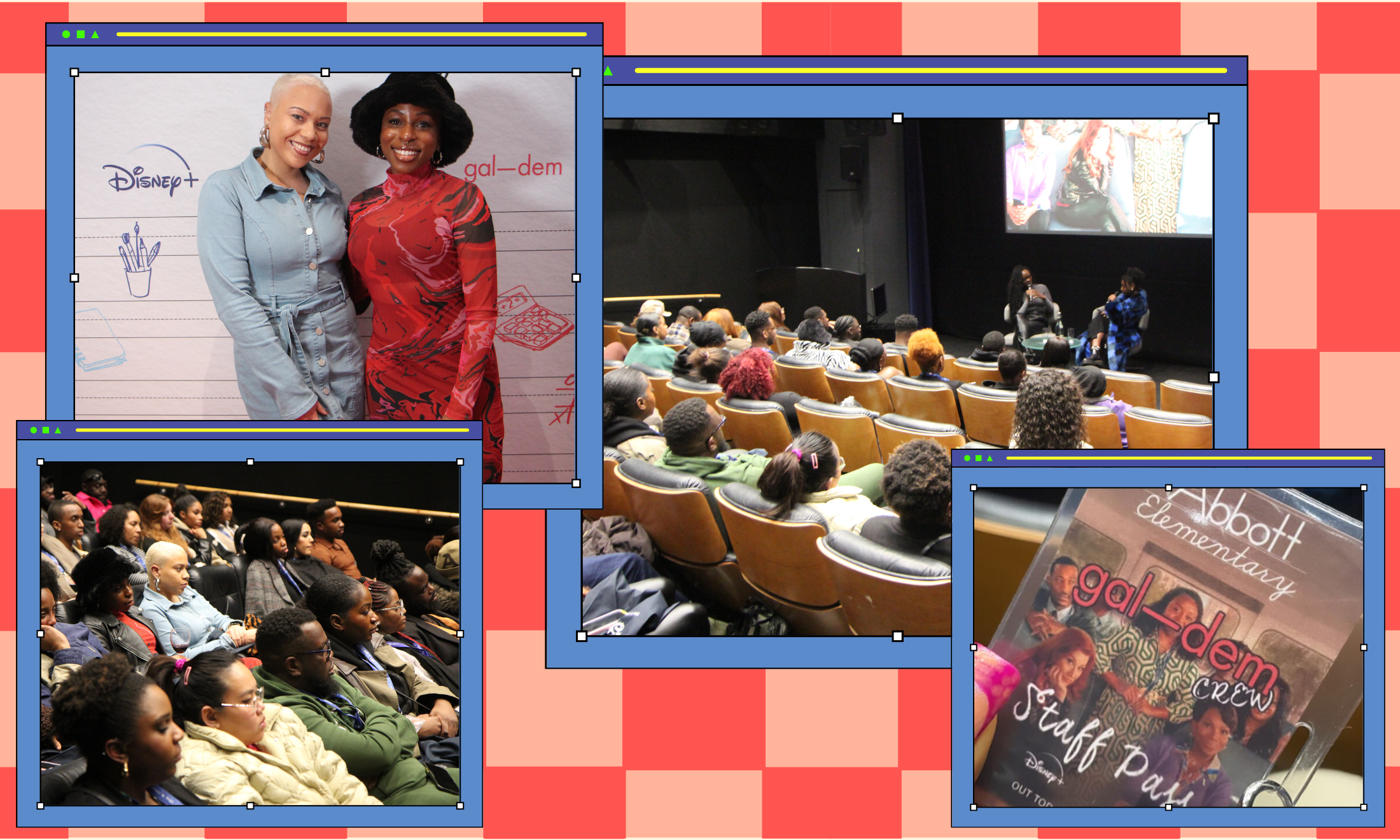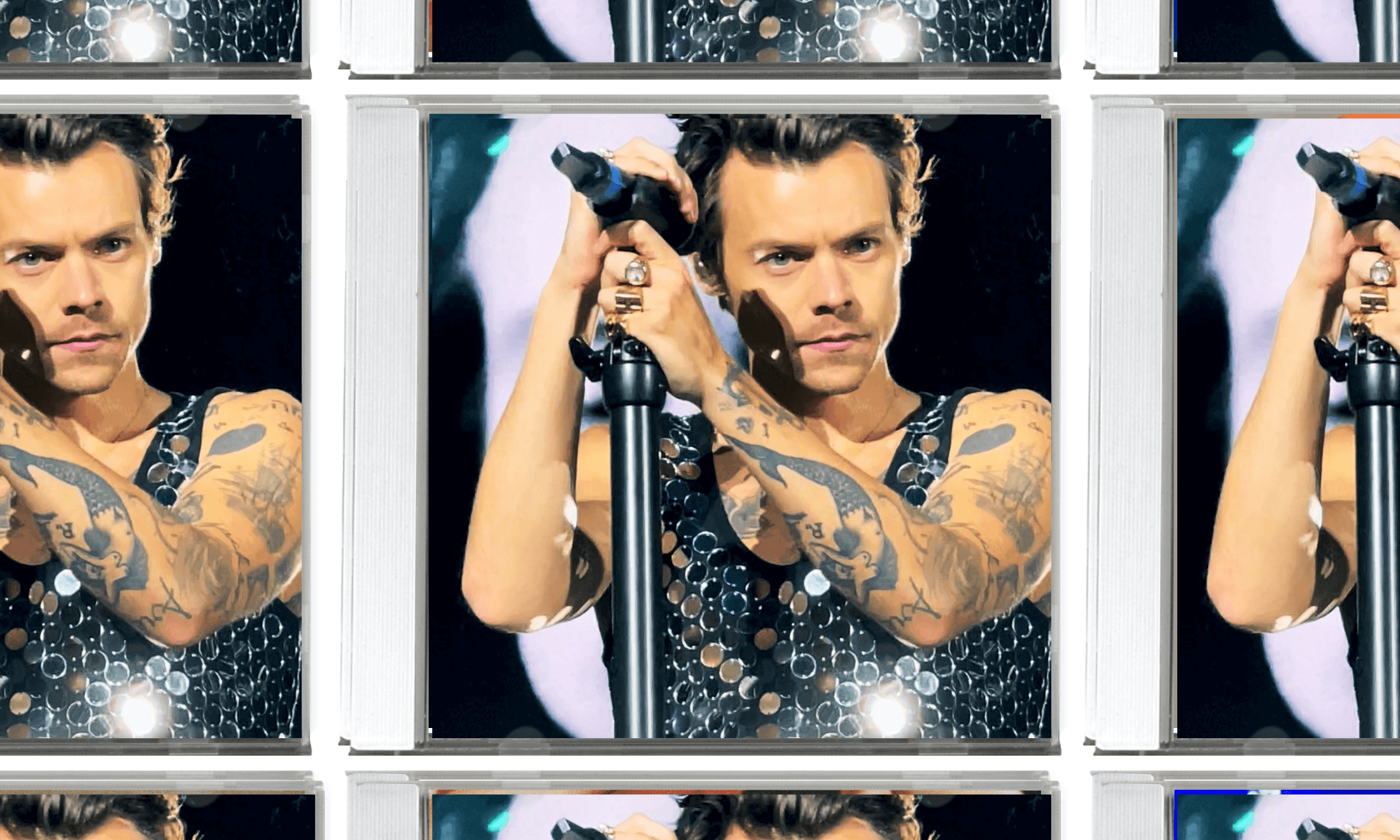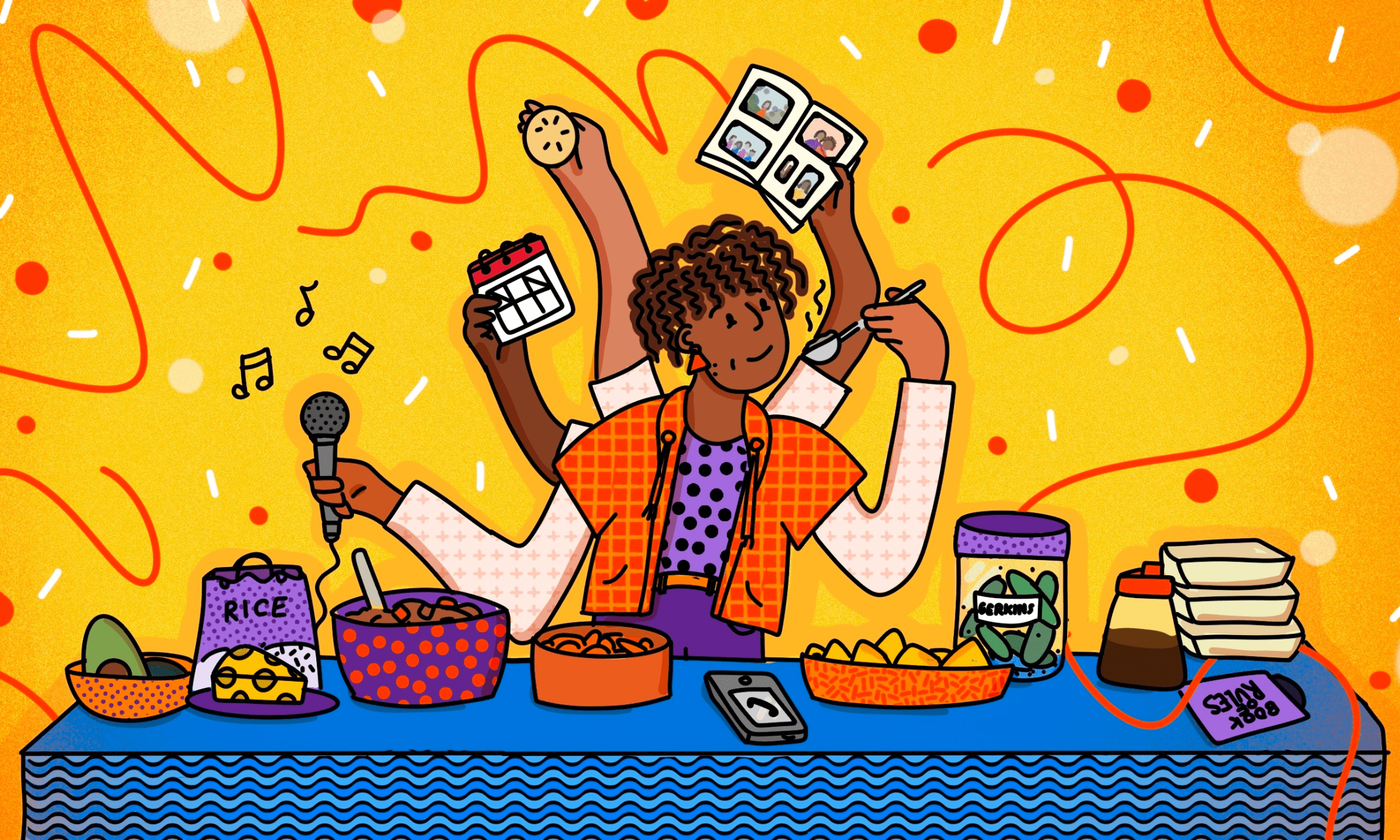
Photography by Retha Ferguson via Pexels
Audiobooks saved my life during lockdown
Audiobooks can be a source of comfort and joy for everyone, but especially those with learning disabilities and anxiety.
Faridah Abike-Iyimide
09 May 2020
As a person with severe anxiety and mild-to-moderate dyslexia and dysgraphia, audiobooks have quite literally saved my life.
I have always loved reading. My fondest memories of my childhood were in primary school when the teacher would read stories to the class, or at home at bedtime when my mum would recite Nigerian folklore: tales of a mischievous spider named Anansi, or a mean princess named Olajumoke tricked into marrying a man with only a head and no body. But I always felt this growing frustration, one I felt when I was young and one I still feel now as an adult, that physical books are sometimes too hard or stressful to get through. As a writer of children’s books, reading is essential in doing my job. Reading not only gives us more knowledge about industry trends, but it subconsciously teaches me how to be a better writer. The only way I have been able to get to so many books while studying full-time at a university and working full-time as a writer is audiobooks.
During these uncertain times, with news outlets reporting about Covid-19 24/7 and life coming to an uncertain and existential pause, my anxiety levels have understandably been through the roof. My insomnia has worsened: I have palpitations, chest pain and nausea. Distraction has been what I have needed most. Audiobooks have allowed me to do practical things, like clean while listening to an interesting memoir – such as Hunger by Roxane Gay, told beautifully by the author herself, about black girlhood and our relationship with our bodies. And, they have also become a great source of calm for me.
“While audiobooks may seem like a very recent invention, this mode of storytelling has been around since the beginning of human civilisation”
As someone who has suffered from anxiety for over a decade, I have had to come up with ways of coping and improving my state of mind and audiobooks, functioning as an alternative type of ASMR, have provided a relaxing escape or have helped me deal with certain feelings such as the unexpected grief that has come with the pandemic. Black Girl Unlimited by Echo Brown, a story about a young black girl dealing with immense grief and struggling to come to terms with certain aspects of her life dramatically changing, is – while a heartbreaking read – a story about strength, survival and overcoming whatever life throws at you.
The story is burning with hope and is packed with valuable lessons and coping mechanisms. The audiobook helped me process a lot of the big changes and grievances I have had to deal with while in lockdown. The soothing and dynamic voice of the audiobook narrator definitely played a huge role.
For escape, High Rise Mystery by Sharna Jackson, a story about black kids in London solving mysteries on their estate, is a fun and relatable story that pulled me out of drowning in my worries and into the world of the characters, Nik and Norva. Or when searching for a story to enlighten me in a different way, the voices of black women and non-binary people in Chelsea Kwakye’s and Ore Ogunbiyi’s Taking Up Space feels like a hug from the comforting voices of the narrators – almost ASMR-like.
“I don’t have to stress about the words not making sense on the page, or pronouncing something wrong, like when I was a child”
A common misconception that comes with ASMR is that it is some kind of fetish, or is simply listening to people whisper, chew loudly and breathe into your ear. But ASMR is simply sounds that relax you – like the calming voice of an audiobook narrator telling you about an adventure written by your favourite author. Letting you disappear into the story, and allowing all your worries and anxiety to fall away. For me, ASMR is anything sound-based that relaxes me, and a lot of the time it is a good, well-told audiobook.
Audiobooks are also an accessible form of storytelling for people with a learning disability, like me. I don’t have to stress about the words not making sense on the page, or pronouncing something wrong, like when I was a child. Research on audiobooks and their effect on the brain of people with learning disabilities like dyslexia, such as Jessica E. Moyer’s 2012 article titled Audiobooks and E-books: A Literature Review, found that “students using audiobooks experienced significant improvements in reading accuracy” and observed that there was “strong evidence for the importance of using audiobooks with struggling or learning disabled readers”.
While audiobooks may seem like a very recent invention, this mode of storytelling has been around since the beginning of human civilisation. The first way stories were told were orally, spreading from generation to generation, twisting and bending to meet conventions of the time. We see this with the stories the Grimm Brothers wrote down, now adapted and made into our favourite Disney films. My mum’s Nigerian folklore, about a scary sea monster called Mami Wata, luring men and children into the ocean never to be seen again, or about a village of vicious but charming cannibals, feeding their prey and then eating them, told to me as it was told to her by her grandmother, who in turn heard it from hers and so on and so forth. Stories told in bound novels are much newer than oral tales.
It is no wonder I have returned back to oral modes of receiving a story in adulthood, seeing as that is what brought me joy as a child and is what humans have done for centuries. I believe that there is an audiobook for everyone.









